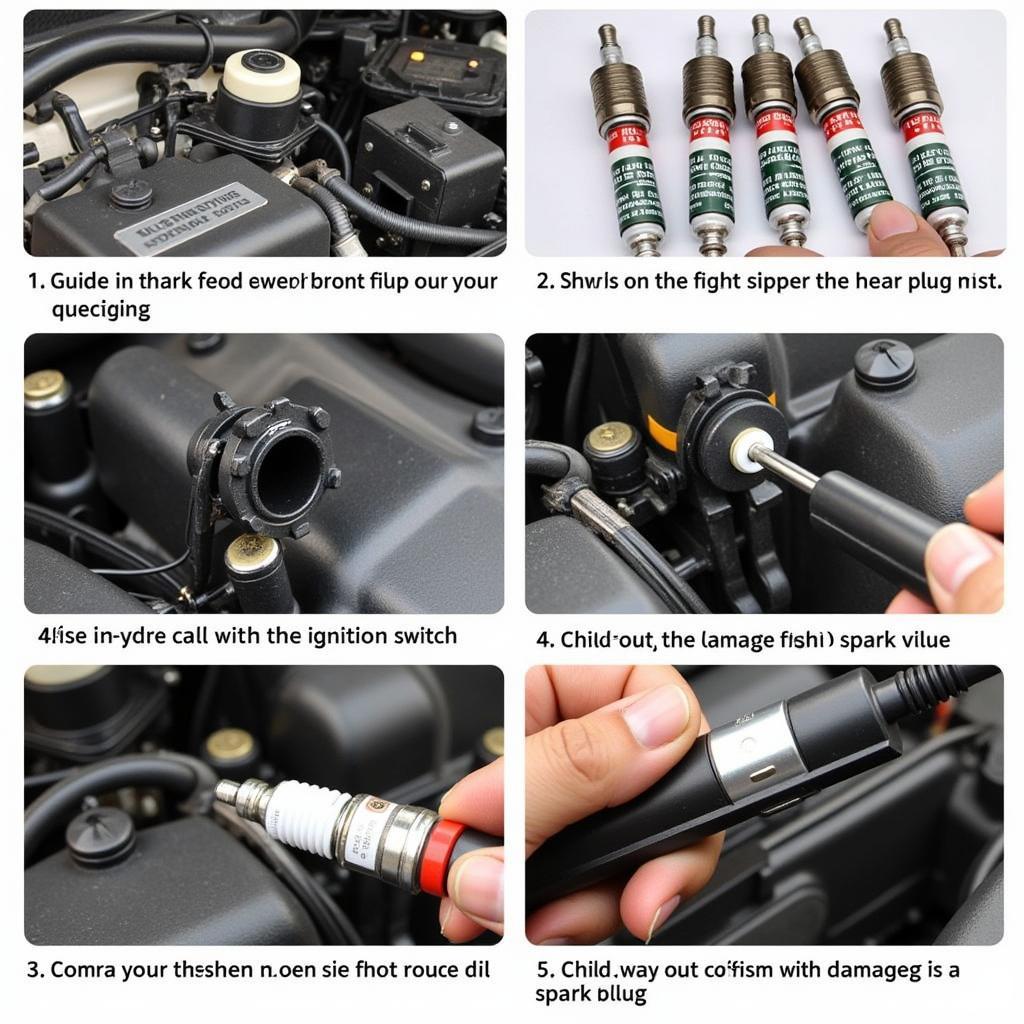Ever walked past a parked car and heard that rhythmic beeping? That, my friend, is the sound of an anti-theft system hard at work, keeping your vehicle safe. But how do those anti-theft beepers actually function? Let’s pop the hood and take a look.
Understanding the Basics of Anti-Theft Beepers
At their core, these beepers are part of a larger car alarm system designed to deter theft. They serve as an audible warning, letting potential thieves know the car is armed and ready to sound the alarm if tampered with. But how do they know when to beep?
How Anti-Theft Systems Detect Threats
Most modern systems utilize a combination of sensors strategically placed throughout your vehicle:
- Door, Hood, and Trunk Sensors: These are usually magnetic switches that trigger the alarm if any of these entry points are opened without disarming the system.
- Shock Sensors: Sensitive to vibrations and impacts, these little guys set off the alarm if someone tries to break a window or physically move the car.
- Motion Sensors: Using infrared or microwave technology, these sensors detect movement inside the cabin, preventing anyone from sneaking in unnoticed.
The Beep: A Warning and a Deterrent
The beeping sound itself is a crucial part of the system’s effectiveness.
- Deterrent Effect: The audible alert acts as a psychological deterrent to would-be thieves. A beeping car screams “protected” and discourages them from even attempting a break-in.
- Warning to the Owner: For car owners, the beep serves as a confirmation that the alarm is armed. It can also be an early warning system if someone accidentally bumps into your car.
Common Questions About Anti-Theft Beepers
Here are some frequently asked questions that may shed more light on these security systems:
Q: Can I adjust the sensitivity of my car alarm’s sensors?
A: Yes, most car alarm systems allow you to adjust the sensitivity of the shock and motion sensors. This is useful for preventing false alarms, especially if you live in an area with high traffic or strong winds.
Q: What if I lose my car alarm remote?
A: Don’t panic! Most car alarm systems come with override procedures. Check your owner’s manual or contact your car dealer for instructions.
Q: Can I install an anti-theft system myself?
A: While possible, it’s generally recommended to have a professional install your car alarm system. Incorrect installation can lead to malfunctions and potential damage to your vehicle’s electrical system.
Troubleshooting Anti-Theft System Issues
Anti-theft systems, like any electronic component, can sometimes encounter issues. Here are a few common problems and how to address them:
1. Car Alarm Keeps Going Off for No Reason
- Check Sensor Sensitivity: Try reducing the sensitivity of your shock and motion sensors.
- Inspect for Faulty Wiring: Damaged or loose wiring can cause false alarms.
- Weak Car Battery: A weak battery can disrupt the alarm system’s voltage, triggering false alarms.
2. Car Alarm Won’t Arm
- Faulty Key Fob Battery: The first thing to check is whether your key fob battery needs replacing.
- Programming Issues: There might be an issue with the programming of your key fob or the car alarm system itself.
Cardiagtech: Your Partner in Automotive Diagnostics and Repair
Experiencing persistent issues with your car’s anti-theft system? Don’t let a faulty beep keep you up at night. Cardiagtech offers advanced diagnostic tools and software to pinpoint the root cause of your car troubles. Our team of automotive experts can provide remote programming and installation services for various car models, ensuring your vehicle’s security system is back in top shape.
Contact CARDIAGTECH today for reliable and efficient solutions to all your automotive needs.

